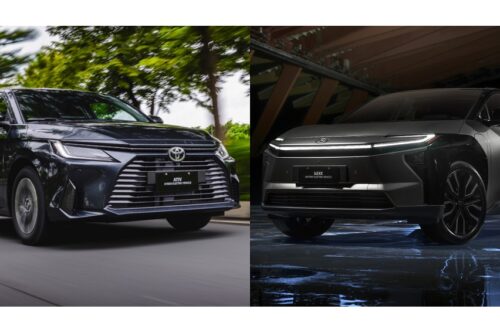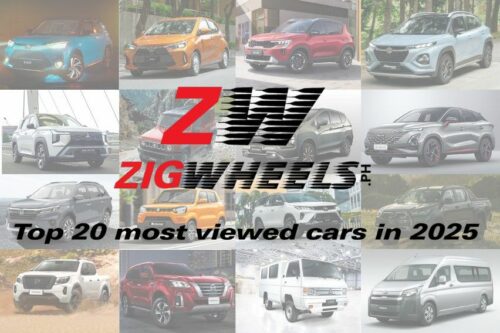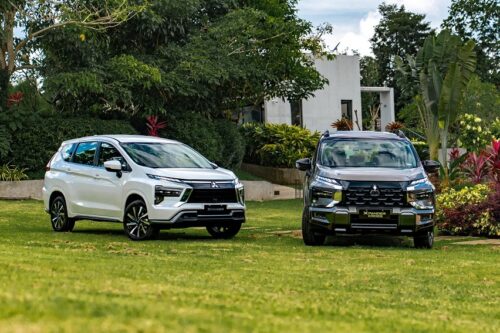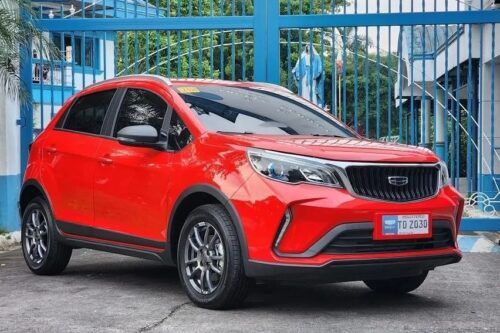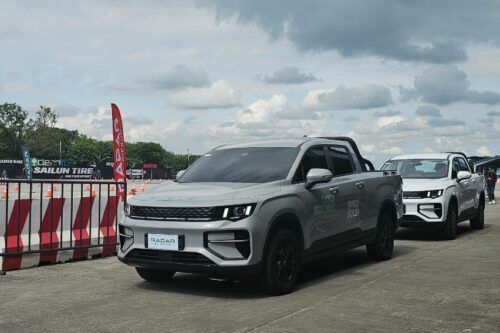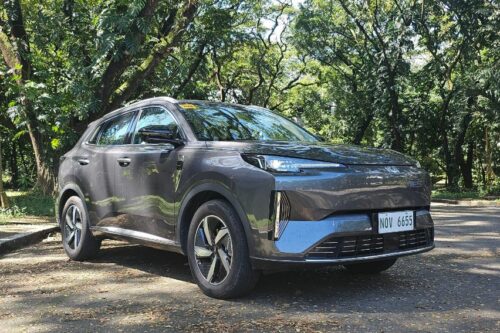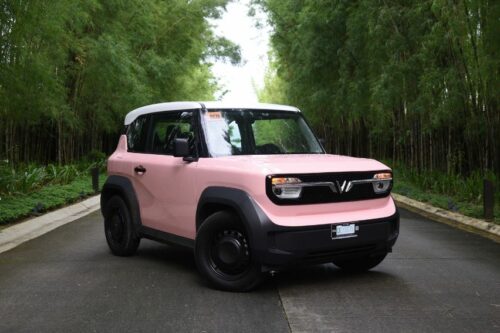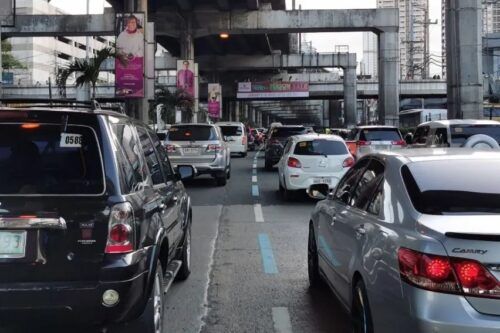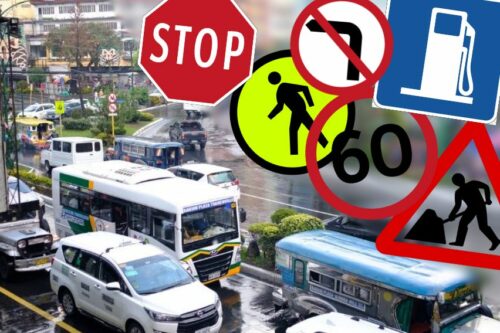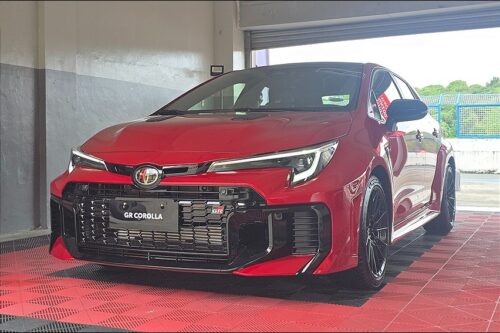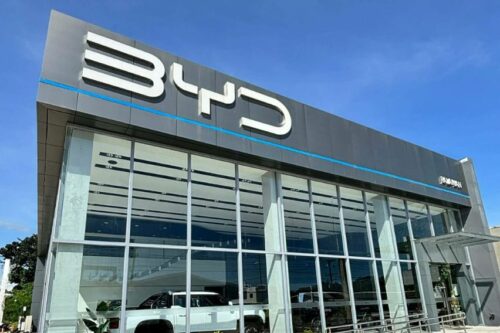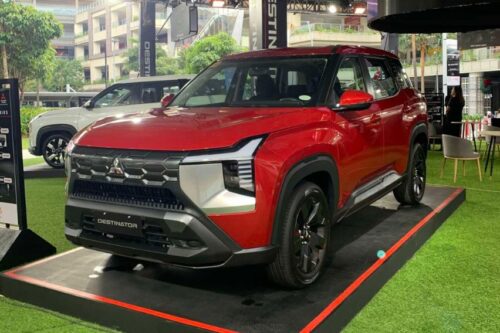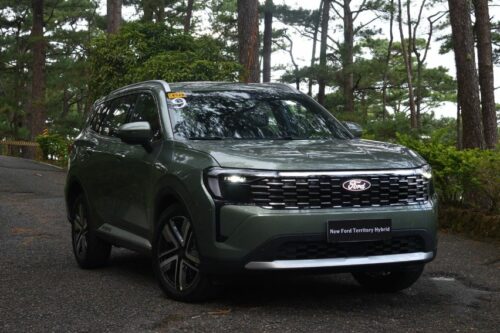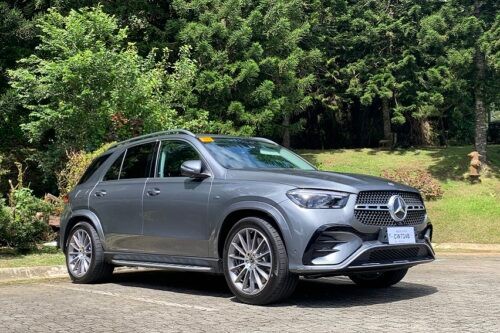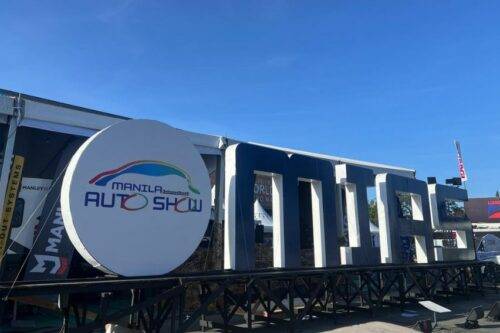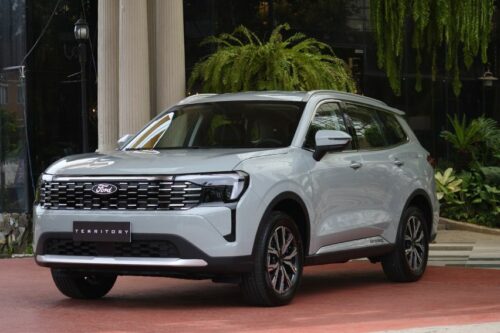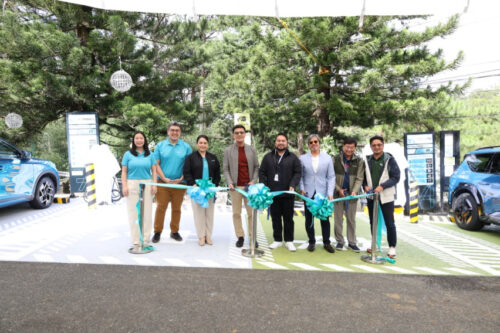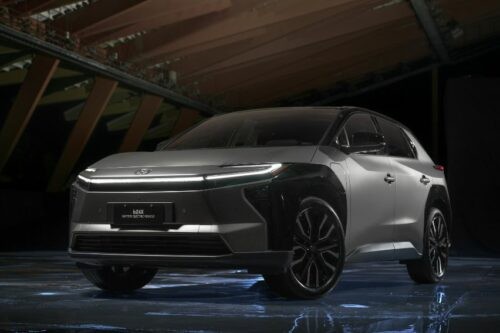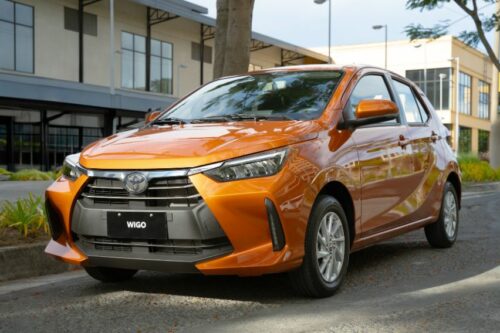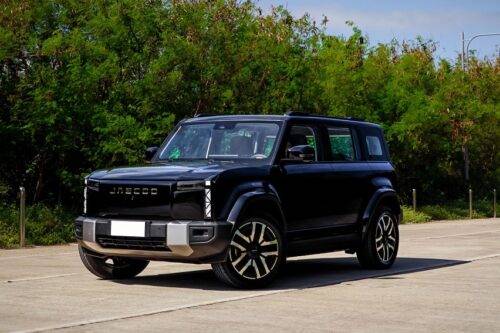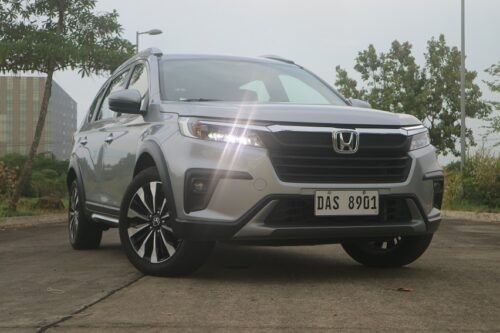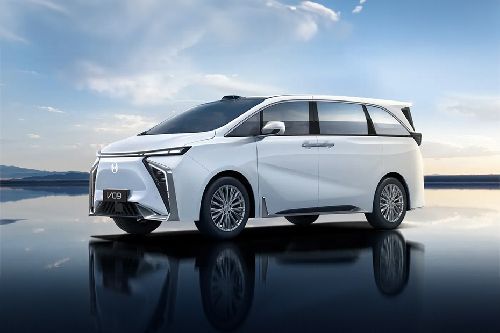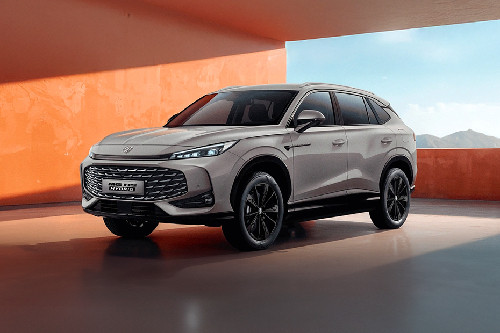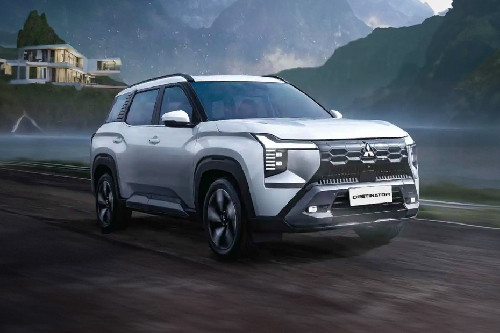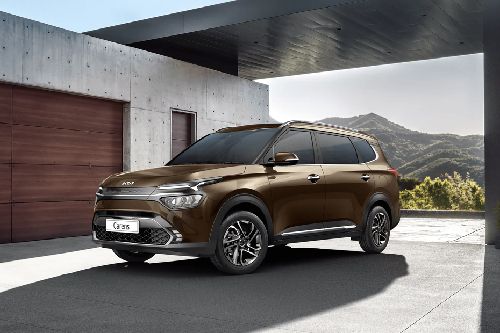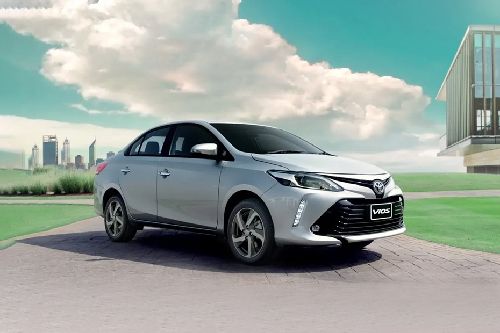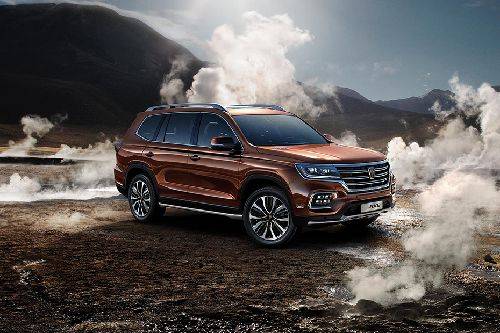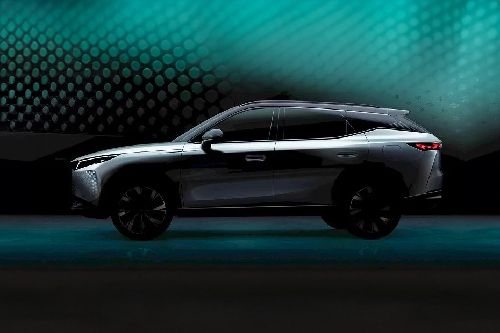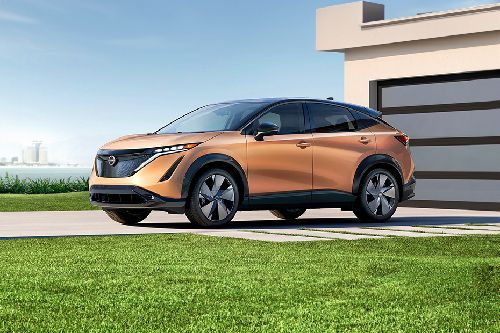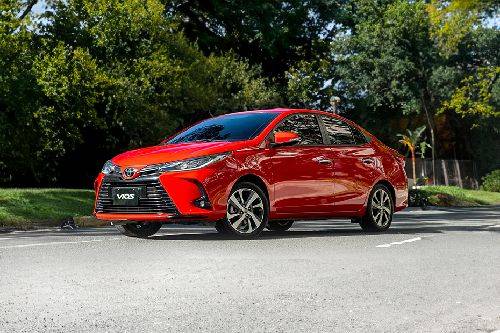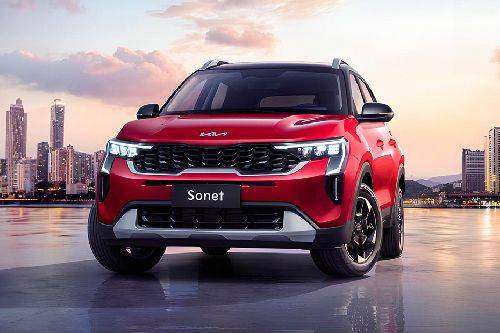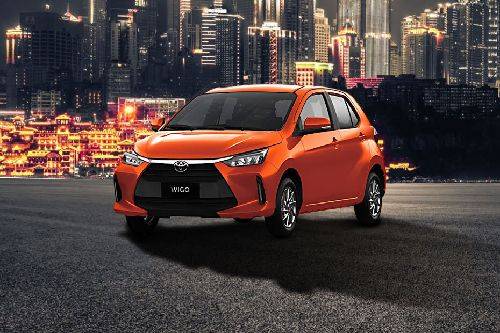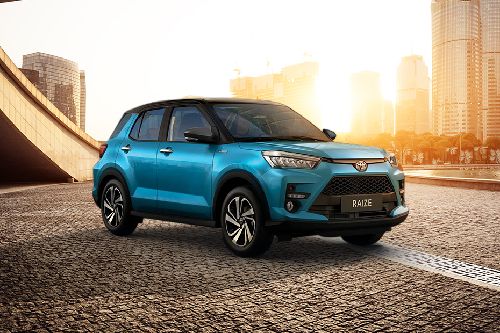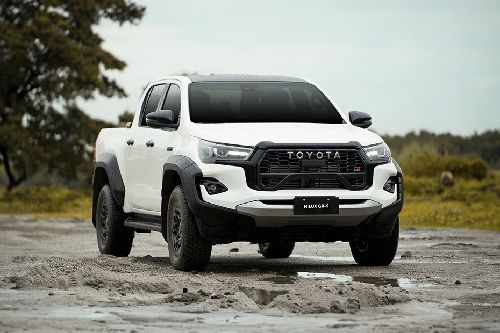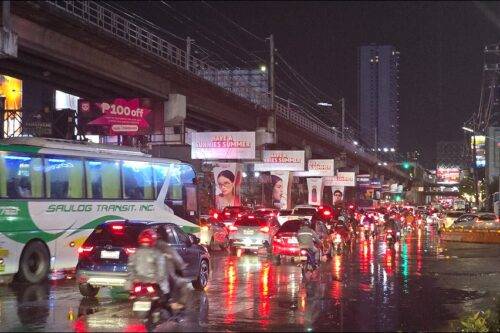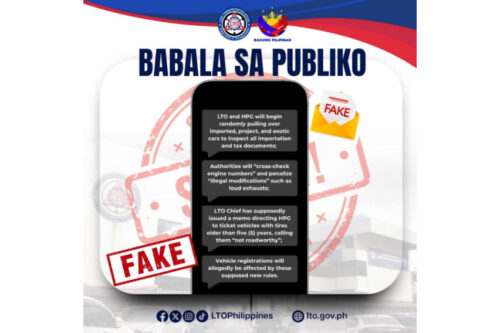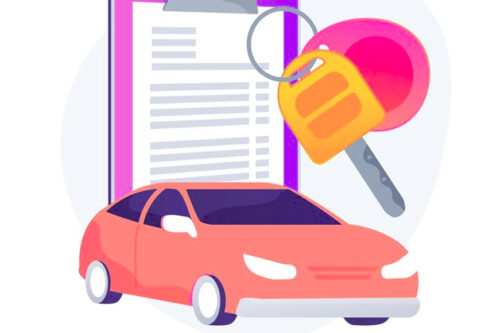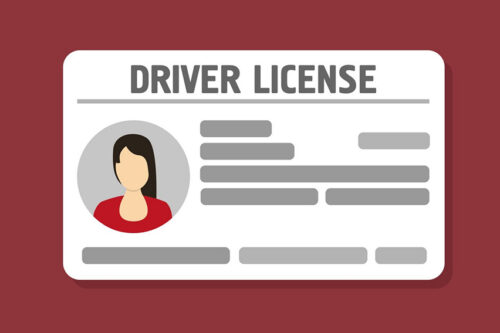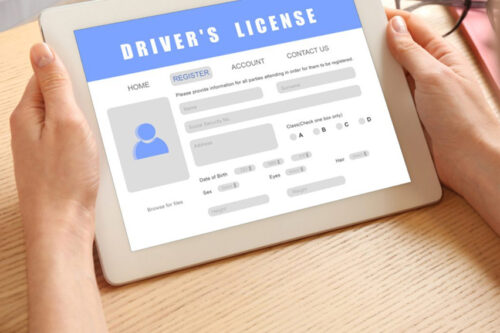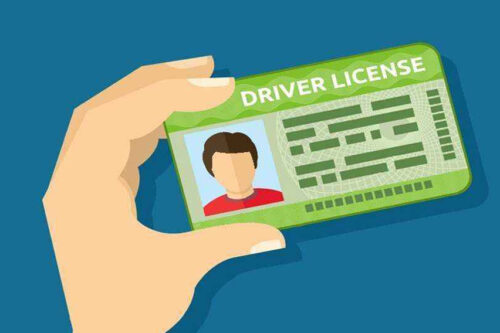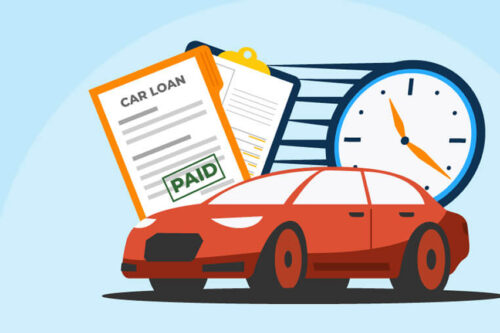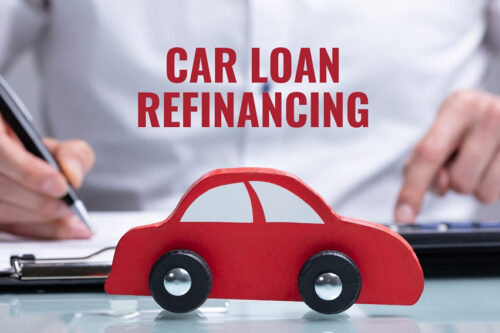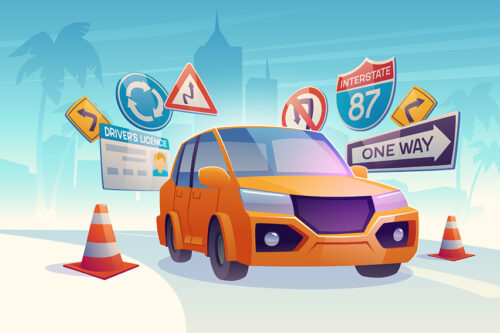The present and future of EV charging in PH
The Philippines is on the path to becoming a prominent player in the EV revolution.
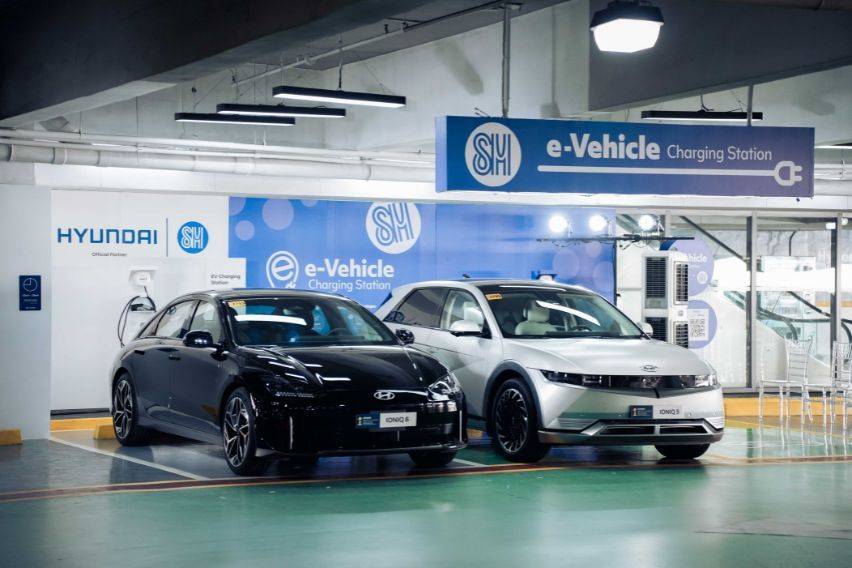
Electric vehicles (EV) are gaining traction worldwide as an environmentally friendly and sustainable mode of transportation. As the global transition towards cleaner energy sources accelerates, the Philippines is also embracing the EV revolution. However, the successful integration of EVs into the transportation system heavily relies on the development of an efficient and accessible EV charging infrastructure.
KEY TAKEAWAYS
Are there enough charging stations in the Philippines to support the growing number of EVs?
While the number of charging stations in the Philippines is gradually increasing, there is still a need for further expansion to meet the growing demand. Efforts are being made by the government and private sector to address this issue and improve accessibility to charging infrastructure.What are the incentives under EVIDA?
EVIDA gives incentives to EVs by allocating dedicated parking slots for them in establishments, assigning green routes across cities and municipalities, and exempting them from traffic coding schemes.Just like how traditional cars need gas stations, EVs require charging stations to conveniently and efficiently recharge their batteries. The availability of an extensive and reliable charging network is essential to alleviate concerns about range anxiety and encourage more people to switch to EVs.
Current status of EV charging infrastructure in PH
As of now, the Philippines has made progress in establishing EV charging infrastructure. Charging stations are now available in commercial areas, parking lots, and shopping centers across Metro Manila and other major cities. These stations offer both standard charging (AC) and fast charging (DC) options to accommodate different vehicle models and charging needs.

Despite the progress made, gaps and limitations remain in the charging infrastructure. The number of charging stations needs to increase significantly to cater to the growing number of EVs on the road. Furthermore, charging speeds, reliability, and compatibility need improvement to provide a seamless charging experience for EV owners and potential users.
Challenges faced by EV charging infrastructure
One of the challenges faced by EV charging infrastructure is the demand it places on the electricity supply and grid. As the number of EVs increases, careful planning and infrastructure upgrades are necessary to ensure that the electrical grid can handle the additional load without disruptions. Collaboration between power utilities and transportation authorities is vital to overcome grid integration challenges.
The high initial investment required to set up charging stations also remains to be a significant hurdle. Charging infrastructure providers need to find sustainable business models that ensure cost recovery while keeping charging prices affordable for EV owners. Encouraging public-private partnerships and attracting investments in charging infrastructure can help address this challenge.
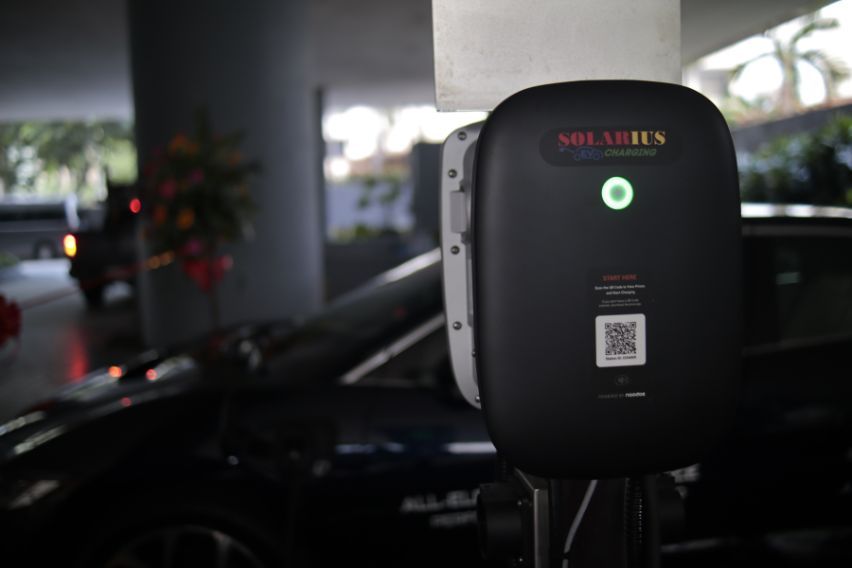
Building consumer awareness and confidence in EVs is also crucial for their widespread adoption. Educating the public about the benefits of EVs, debunking misconceptions, and promoting the convenience and cost-saving aspects of EV ownership can accelerate their acceptance. Additionally, providing incentives and subsidies for purchasing electric vehicles can further encourage consumer adoption.
Government initiatives for promoting EV adoption
The government has recognized the importance of EVs and is actively promoting their adoption. One of the actions taken is the implementation of the EV Industry Development Act (EVIDA) or the Republic Act No. 11697, which gives incentives to EVs by allocating dedicated parking slots for them in establishments, assigning green routes across cities and municipalities, and exempting them from traffic coding schemes.
Government agencies also take part in promoting EV adoption across the country. For instance, the Department of Energy contributes to the ongoing development of the Comprehensive Roadmap for the EV Industry and facilitates public consultations regarding the Vehicle Fuel Economy Labeling Program and the Fuel Economy Performance Rating.
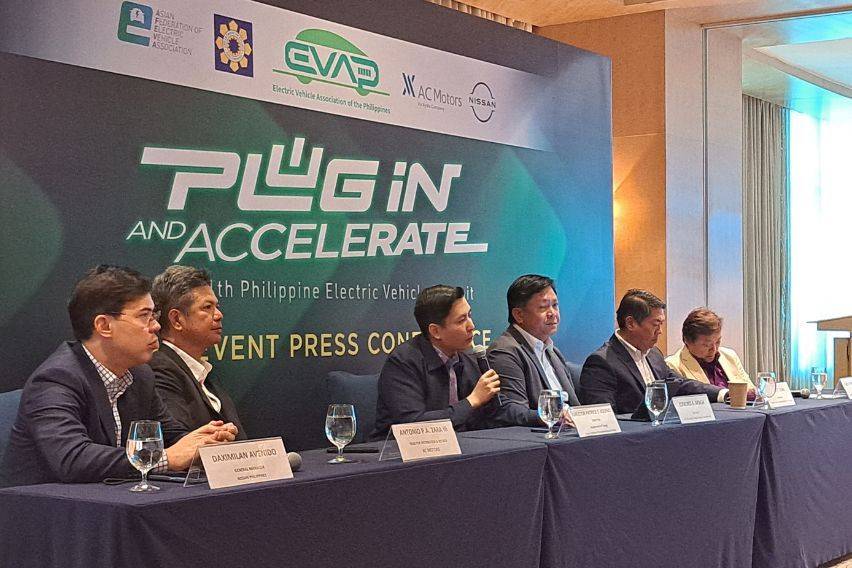
The Department of Trade and Industry also takes part by mapping out its EV Incentive Strategy, while the Department of Transportation puts priority on EVs in its Public Utility Vehicle Modernization Program.
Other government agencies are also doing their part by incorporating EVs in their fleets.
Key players and stakeholders in EV charging market
EV charging equipment manufacturers and suppliers such as Solarius EV Charging and BTC Power play a crucial role in ensuring that there are enough charging stations available to meet the growing demand.
Also contributing to the local EV charging industry are EV manufacturers and distributors. Companies like Nissan Philippines, Hyundai Motor Philippines Incorporated, and AC Motors are leading the way in promoting EVs in the Philippines, and even setting up charging stations on select dealerships to make EV ownership more convenient.

Fuel companies like Shell have also installed EV chargers in some of their stations.
The energy providers and utility companies are also crucial partners in the EV charging market. They are responsible for supplying the electricity needed to power the charging stations. Some of the major energy providers in the Philippines, such as Meralco and Aboitiz Power, have recognized the potential of EVs and are actively working to support the growth of the charging infrastructure.
Potential growth of EV charging in PH
The future of EV charging in the Philippines looks bright, with significant growth potential on the horizon.
As the demand for EVs continues to rise, the need for an expanded charging infrastructure becomes evident. With the government's push to promote EV adoption and the introduction of favorable policies, the Philippines is expected to see a significant increase in EV sales, which will undoubtedly lead to a surge in the number of charging stations across the country.
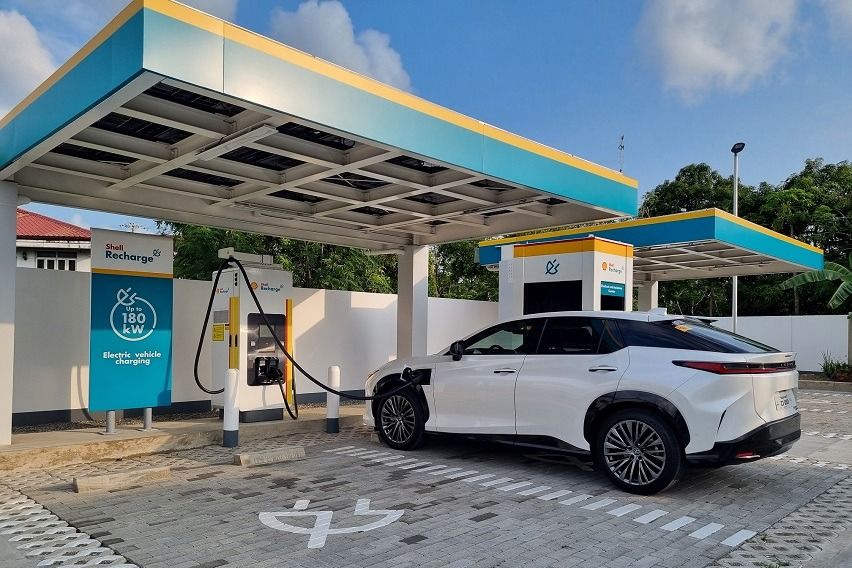
To accommodate the growing number of EVs, infrastructure expansion plans are already in motion. EV distributors have set targets for the number of public charging stations to be installed in the coming years. For instance, AC Motors has declared its goal of having over 100 charging stations within its network by 2024. These plans will help ensure that EV owners have convenient access to charging facilities, further encouraging EV adoption.
Final thoughts
The EV charging scene in the Philippines is experiencing rapid growth and exciting advancements. With key players driving the industry forward, emerging technologies improving the charging experience, and a promising future outlook, the Philippines is on the path to becoming a prominent player in the EV revolution.
Photos from Hyundai Motor Philippines Incorporated, Kia Philippines, Roy Robles, Hazel Nicole Carreon, Nissan Philippines, and Shell Philippines Corporation
Also read:
EVAP debunks myths about electric vehicles
Shell PH puts up 2nd Recharge Station in La Union
HMPH opens 6th EV Charging Station in partnership with SM Supermalls in Davao
Sell your car at the best price
 Verified and genuine buyers
Verified and genuine buyers
Trending & Fresh Updates
- Latest
- Popular
You might also be interested in
- News
- Featured Stories
Featured Cars
- Latest
- Upcoming
- Popular
Latest Car Videos on Zigwheels

Car Articles From Carmudi
- journal
- advice
- financing
- insurance



